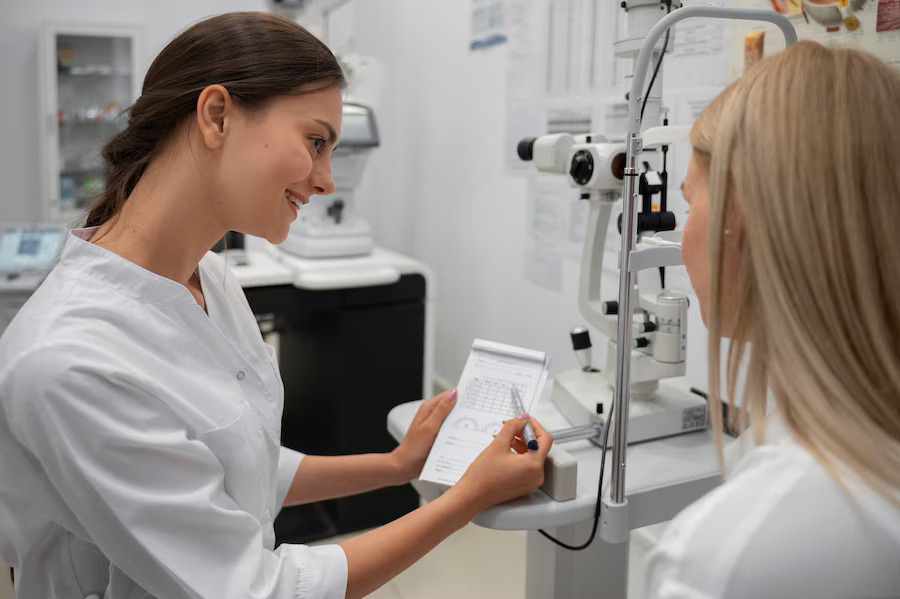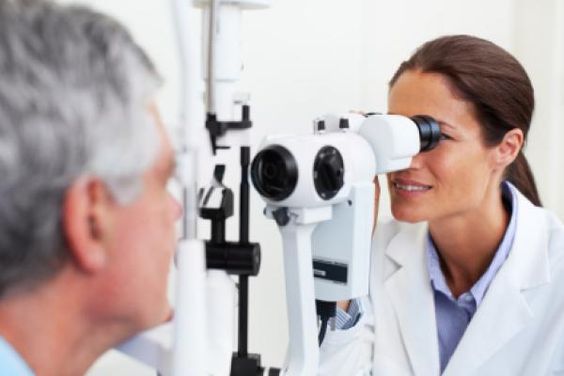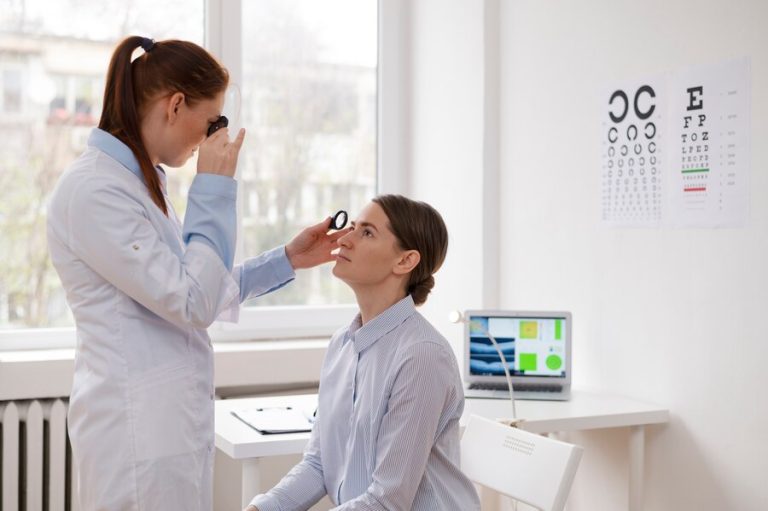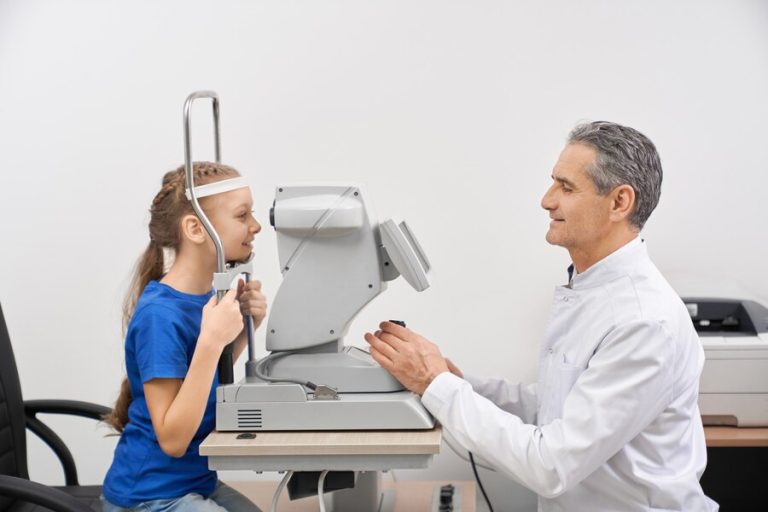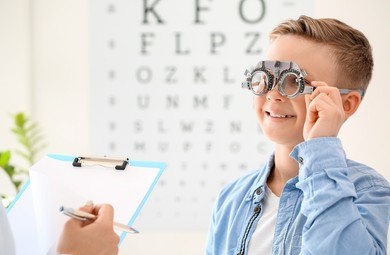The Importance Of A Complete Eye Examination For Your Vision Health
Our eyes are precious organs that enable us to perceive the world around us. However, maintaining good vision health requires more than just clear sight. Regular eye examinations play a vital role in preserving vision and detecting potential eye diseases early. In this article, we explore the importance of a complete eye examination for maintaining optimal vision health.
Understanding the Significance
- Comprehensive Assessment: A complete eye examination involves a series of tests and evaluations designed to assess various aspects of vision and eye health. This includes testing visual acuity, determining refractive errors, evaluating eye muscle function, examining the health of the external and internal eye structures, and screening for conditions such as glaucoma and macular degeneration.
- Early Detection of Eye Conditions: Many eye diseases and conditions, such as glaucoma, diabetic retinopathy, and age-related macular degeneration, often develop gradually and may not cause noticeable symptoms in the early stages. A comprehensive eye exam can detect these conditions in their infancy, allowing for timely intervention and treatment to prevent vision loss.
- Detection of Systemic Health Issues: The eyes are often described as windows to our overall health. Certain systemic health conditions, including diabetes, hypertension, and autoimmune diseases, can manifest with ocular symptoms or signs that can be detected during an eye examination. Identifying these signs early can prompt further evaluation and management of underlying health issues.
- Prescription Updates: Regular eye exams also ensure that your corrective lens prescription is up-to-date. Changes in vision can occur gradually over time, and an updated prescription can improve visual clarity and comfort, reducing eye strain and fatigue.
Components of a Complete Eye Examination
- Visual Acuity Testing: This assesses how well you can see at various distances, typically using a Snellen chart or other visual acuity charts.
- Refraction Assessment: This determines the appropriate prescription for glasses or contact lenses to correct refractive errors such as nearsightedness, farsightedness, and astigmatism.
- Ocular Health Evaluation: A thorough examination of the external and internal structures of the eye, including the cornea, iris, lens, retina, and optic nerve, helps identify any abnormalities or signs of disease.
- Intraocular Pressure Measurement: Elevated intraocular pressure can be a sign of glaucoma, a group of eye conditions that can lead to irreversible vision loss if left untreated.
- Pupil Examination: This evaluates the size, shape, and reactivity of the pupils, which can provide important information about neurological function and certain eye conditions.
- Dilated Fundus Examination: By dilating the pupils, the eye care professional can get a better view of the retina, optic nerve, and blood vessels at the back of the eye, facilitating the detection of conditions such as diabetic retinopathy, macular degeneration, and retinal detachment.
Benefits of Regular Eye Examinations
- Preservation of Vision: Early detection and treatment of eye conditions can help preserve vision and prevent irreversible vision loss.
- Detection of Silent Diseases: Many eye diseases, such as glaucoma and diabetic retinopathy, often have no noticeable symptoms in the early stages. Regular eye exams can detect these conditions before they cause vision impairment.
- Monitoring Eye Health: For individuals with existing eye conditions or risk factors for eye diseases, regular eye exams allow for ongoing monitoring of eye health and adjustment of treatment plans as needed.
- Optimization of Visual Function: Updating corrective lens prescriptions as needed can improve visual clarity and comfort, enhancing overall quality of life.
Conclusion
A complete eye examination is essential for maintaining optimal vision health and overall well-being. By detecting eye conditions early, identifying systemic health issues, and ensuring appropriate corrective measures, regular eye exams play a crucial role in preserving vision and enhancing quality of life. Make it a priority to schedule comprehensive eye examinations at regular intervals to safeguard your precious gift of sight.
For any further queries, Plz visit drvivekgarg.in

